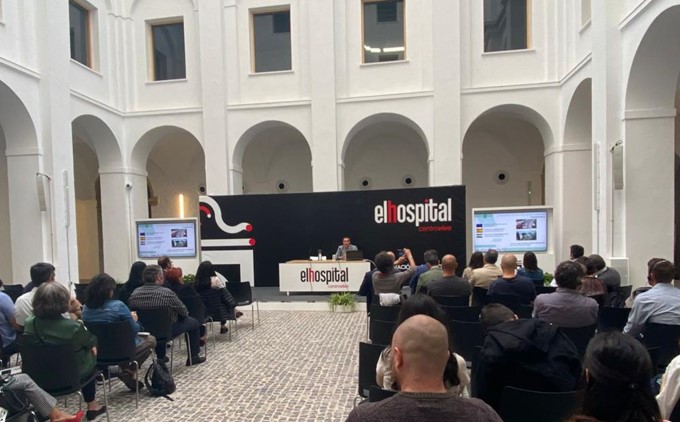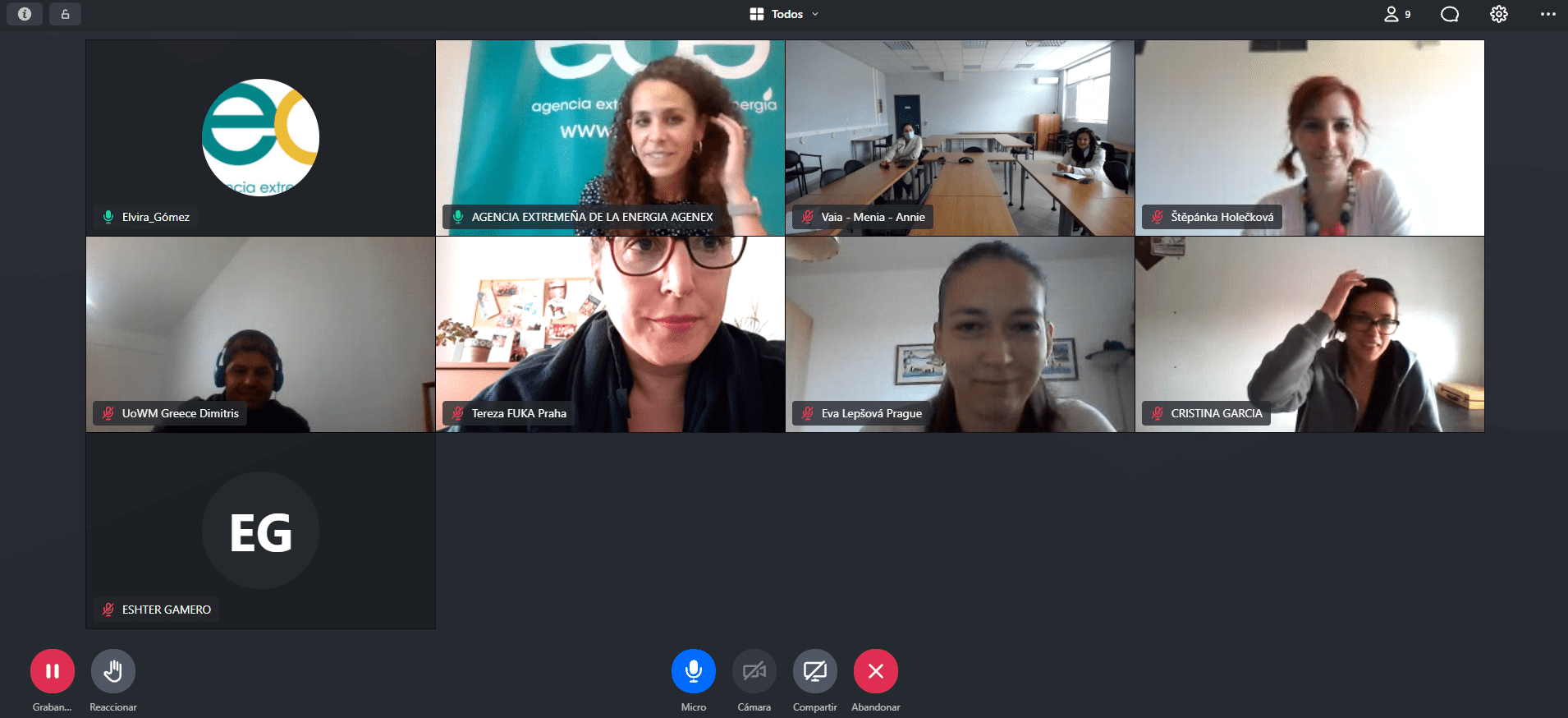The policy instrument, Heart of South West LEP ESIF Strategy, has the main priority of low carbon investment to benefit the region’s low carbon activities that support demand side activities. This includes deployment of low carbon energy technologies and infrastructure, and market stimulation to promote private investment in renewable energy and energy efficiency.
The FINERPOL project helped recognise that the operation plan for the policy instrument did not sufficiently enable a steady flow of investment at sufficient scale to deliver the growth potential of the low carbon economy in the SW of England. Demand side growth cannot be delivered through intermittent grant and investment programmes, but need specific package of FIs for energy efficiency and renewable energy, comprising an appropriate mix of EU, UK, and private funds.
Through FINERPOL partners it was learned that there is a significant gap between the quality of projects seeking funding and the quality expected by investors. The improvement of the policy instrument resulted in an action plan with the following objectives:
- To create a consortium with a project pipeline of sufficient scale (approx. €50m investment value) that can be fed with sufficient projects to maintain a large pipeline
- To establish a project development unit with the expertise and resources to develop projects in this pipeline to investment-ready status
- To establish a fund to provide finance to projects that meet the investment criteria for viability and carbon emission reduction
- Create a cost-recovery mechanism so that the project development function is sustainable
- To communicate our results and to work with government to influence the replacement for the current ESIF strategy.
We aim to establish a low carbon investment fund to demonstrate the benefits of improved access to finance for building renovations. The principle barriers to stimulate demand and build the market for low carbon services are:
- Knowledge – people and organisations know little about what energy efficiency measures are available and what benefits they can deliver
- Expertise – organisations rarely have the expertise to develop projects to the specification necessary to attract finance and consequently the scope of investments is limited by available resources within an organisation and competing priorities.
- Finance – As projects are not being developed with investor needs in mind, and because scale is limited by lack of finance, there is not active investment.









